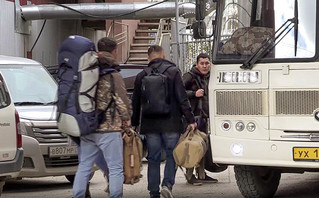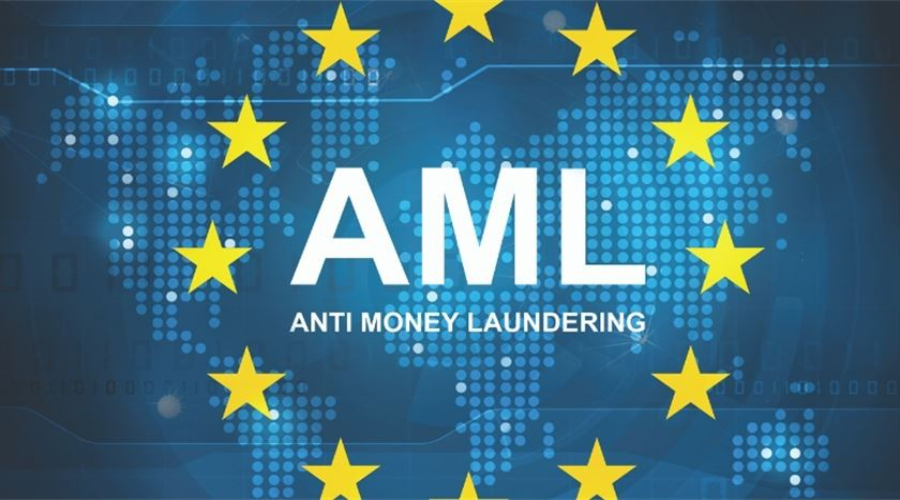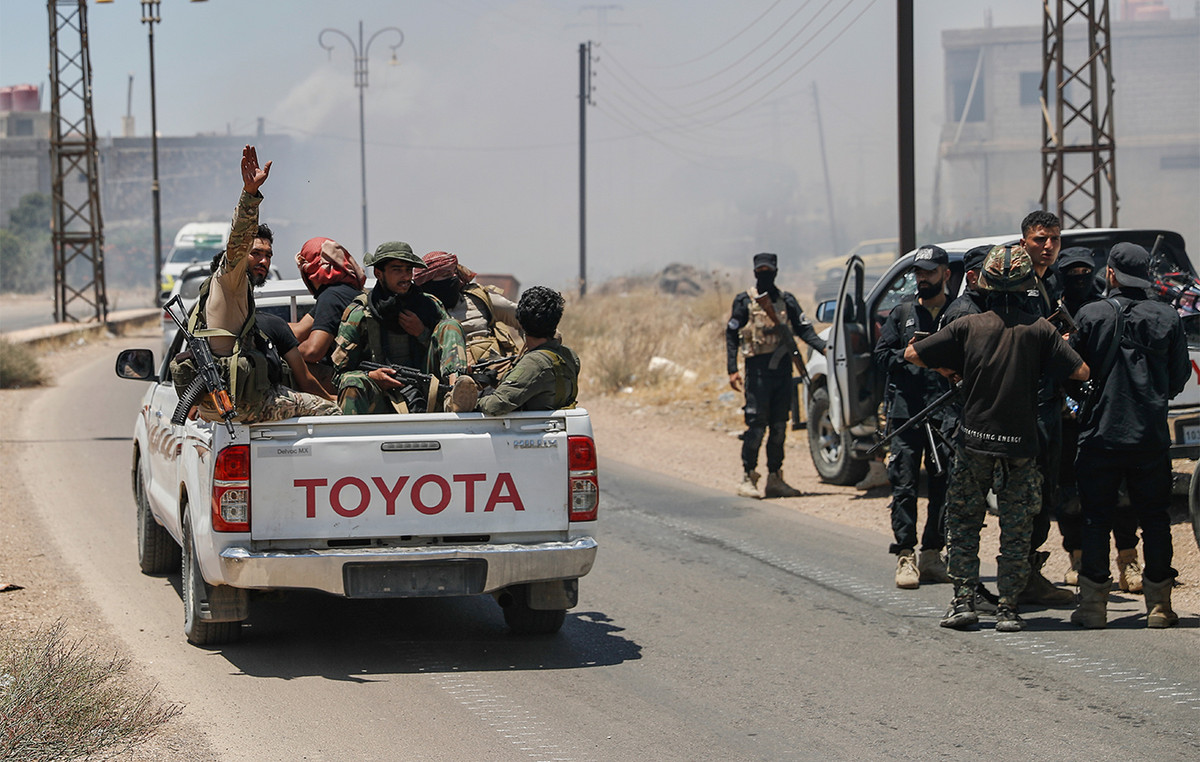Mikhail Svetin expected to be arrested for his participation in the demonstrations in Moscow against the sending of hundreds of thousands of reservists to Ukraine. But what he did not expect was that he would be given a marching card to go to the front.
A few hours after Mr Vladimir Putin announced on Wednesday the mobilization of 300,000 men and womenn, Mikhail, a 29-year-old musician, went to protest on Arbat Avenue. Like about 1,300 other people across the country, he was arrested.
“I was waiting for the usual (procedures): arrest, police station, court,” said the young man, who was contacted by AFP by phone on Thursday.
“But when they told me, ‘Tomorrow you are going to war,’ it was a surprise,” he said.
According to the government organization OVD-Info, which monitors the mobilizations throughout the RussiaSvetin is not the only protester to be ordered into the police station after his arrest, and Kremlin spokesman Dmitry Peskov said there was nothing “illegal” about it.
Swetin says that after his arrest, officers took him to a separate room where they wanted him to sign a summons to go to an army recruitment center.
“‘Either you sign this or you’ll serve ten years in prison,'” they threatened him, emphasizes the 29-year-old who opposes the attack launched on February 24 by Russia against Ukraine.
On Tuesday, on the eve of partial conscription, Parliament approved heavy prison sentences for those who refuse to join the army or desert. However, this legislation has not yet entered into force.
Swetin refused to sign the warrant, on the advice of his attorney, and was released Thursday at 5:00 a.m.
However, police warned him that Russia’s powerful Investigative Committee, which is in charge of major criminal investigations, would be informed of his refusal and that he would face “big problems”.
“Unfortunately I signed”

Andrei, who turned 18 last week, also took part in the protests in Moscow on Wednesday. He was also arrested and issued a summons.
But unlike Swetin, the teenager signed the document under “threat”, a digital copy of which AFP was able to review.
“It was clear I couldn’t escape. I looked around and decided not to resist,” said the young man contacted by AFP by phone. “Unfortunately, I signed.”
However, Andrei has just started his studies at the university. And the Kremlin, as well as Defense Minister Sergei Shoigu, had assured that no students would be called up, as Russian forces spoke of reservists with specific skills or military experience.
Andrei, who is still looking for a lawyer, finally decided not to go to the conscription office at the appointed time, 10 a.m. on Thursday. And he doesn’t know what the consequences will be. “I haven’t told my parents anything yet”, he says, “they will worry.” “I’ll tell them when I have a better idea of what’s going to happen to me.”
Source: News Beast
I’m Robert Neff, a professional writer and editor. I specialize in the entertainment section, providing up-to-date coverage on the latest developments in film, television and music. My work has been featured on World Stock Market and other prominent publications.







